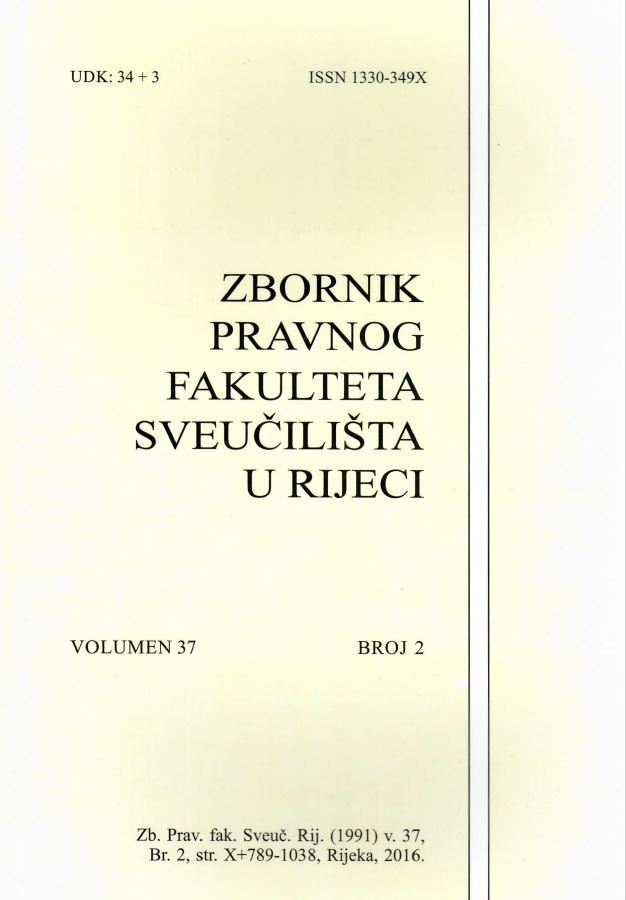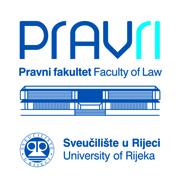SEPARATE OPINION IN JUDICIAL PROCEEDINGS AND CROATIAN CONSTITUTIONAL COURT’S EXPERIENCE
DOI:
https://doi.org/10.30925/zpfsr.37.2.3Keywords:
court decision; separate opinion; dissent; Constitutional courtAbstract
The topic of this paper is the legal institute of separate (dissenting and concurring) opinion of a judge who disagrees with the majority decision of a court chamber. Even though this institute has traditionally been considered a common law feature, most civil law countries recognise it, especially in constitutional matters. The paper deals with this institute not only from historical and comparative perspectives, but also from the legal and theoretical one. The author points to the reasons in favour of separate opinions such as freedom of speech and judicial independence, as well as to the reasons against it, e.g., legal certainty, clarity and persuasiveness of court judgements and also to their impact on integrity and reputation of courts. In the Croatian legal system separate opinions are in principle allowed at the level of regular courts, but it is not permitted to make them public. At the Constitutional Court of the Republic of Croatia separate opinions and presentation of the reasons for voting contrary to the majority as well as their publication are fully permitted. However, the Constitutional Court’s practice shows considerable reluctance of Constitutional Court judges to use these institutes.
Additional Files
Published
How to Cite
Issue
Section
License
Collected Papers is an open access journal. Journal does not charge article processing charges (APC) to authors. It is licensed under CC BY-NC licence 4.0.
Collected Papers of the Law Faculty of the University of Rijeka" is an Open Access journal. Users are allowed to read, download, copy, redistribute, print, search and link to material, and alter, transform, or build upon the material, or use them for any other lawful purpose as long as they attribute the source in an appropriate manner according to the CC BY licence.
The papers published in "Collected Papers of the Law Faculty of the University of Rijeka" can be deposited and self-archived in the institutional and thematic repositories providing the link to the journal's web pages and HRČAK.
Upon acceptance of the manuscript for publication by this journal, the author can publish same manuscript in other journals only with the permission of the Editorial Board (secondary publication). A repeated publication should contain a notice as to where the manuscript was originally published.



